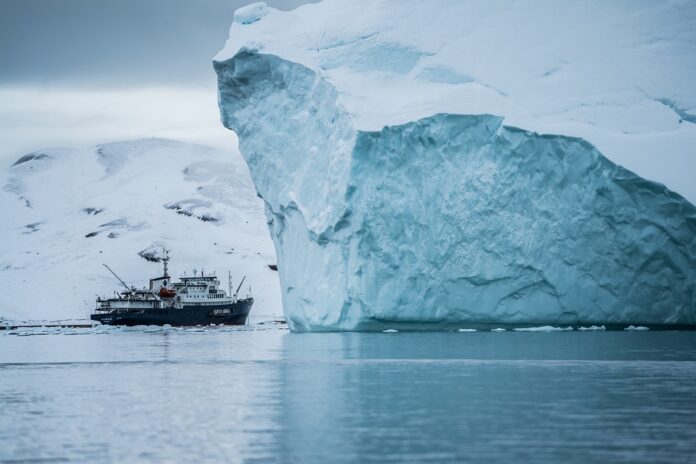Russia’s Arctic ambitions reflect its belief in controlling the region, long seen as its natural stronghold. The Arctic serves as a strategic military bastion under Putin’s “Bastion Defense” strategy, securing its European coast with facilities, including nuclear arsenals and missile bases, as highlighted by Kristina Spohr at The Diplomat.
The Kremlin dedicates resources to renovating Soviet sites and deploying new weaponry across its Arctic expanse. With climate change opening up the Northern Sea Route, Russia focuses on resource extraction and infrastructure development, positioning itself as a ‘great power.’
China, under Xi Jinping, has also reimagined its role as a ‘near-Arctic’ power. Through the Polar Silk Road (PSR), part of the Belt and Road Initiative, China has invested significantly in extractive projects and infrastructure, particularly in partnership with Russia. However, its endeavors in Northern America, Greenland, and the Nordic States faced resistance due to concerns about financial dependency and security risks.
The Sino-Russian cooperation along the Northern Sea Route is largely centered on extractive projects and infrastructure development. Their collaboration facilitates Russia’s access to Asian markets, helping it circumvent Western sanctions while expanding China’s influence northward. Geopolitically, Russia maintains control over the Arctic region, providing permits for traversing Arctic waters and supervising Arctic operations.
The security implications of the Russia-China Arctic agreement include increased presence and collaboration in the region. Both nations aim to combat various illicit activities while enhancing their geopolitical influence. Despite espousing ecological stewardship, their actions risk undermining the region’s environmental security parameters.
NATO, the EU, and the U.S. have recognized the need to counteract potential threats in the Arctic. NATO, in particular, is fortifying its northeastern flank and developing strategies to deter non-kinetic threats and gray-zone activities in the region. The focus remains on maintaining denial mechanisms, both militarily and economically, to dissuade interference by Russia and China.
The Arctic’s evolving geopolitical landscape necessitates a nuanced response from global actors to ensure stability and security in the face of expanding Sino-Russian influence.
A Eurasian empire, Russia has a precise view of its natural preeminence in the Arctic. Since World War II, it has forged a traditional military stronghold here. And under Putin, its “Bastion Defense” strategy is predicated on the determination to keep others out – mostly through sea denial and control operations.
In short, the Kremlin views the Arctic as Russia’s backyard and claims the authority to gatekeep military, commercial, and scientific passage and activity.



